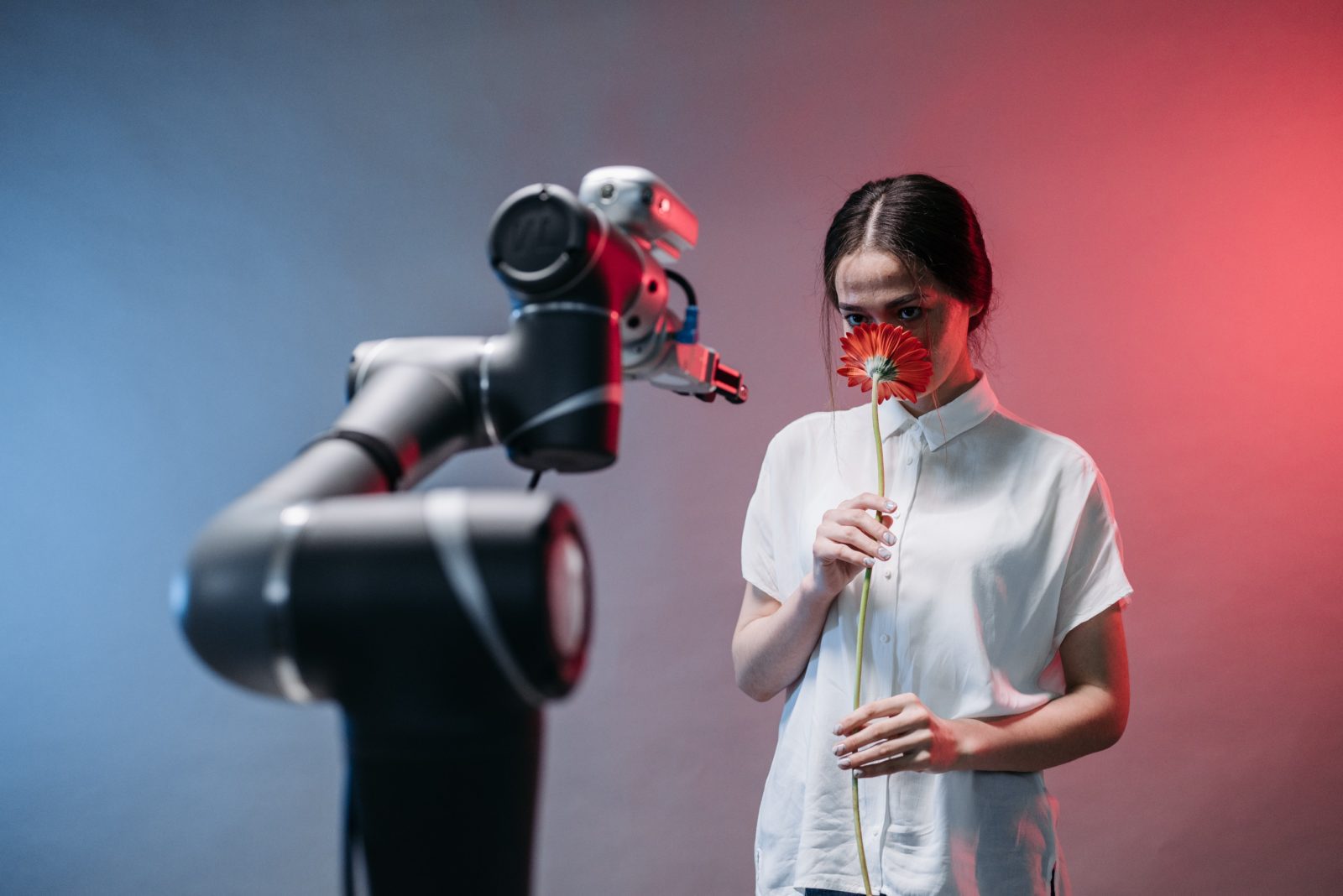Researchers have recently discovered antibiotics with the help of artificial intelligence (AI) that can combat previously nearly invincible bacteria. Scientists believe that AI could potentially expedite and reduce the cost of drug development in the future.
According to the British broadcaster BBC, this discovery showcases the positive role that AI tools can play in the fields of science and medicine. Researchers from Canada and the United States praise the ability of AI to accelerate the discovery of new drugs significantly.
Each year, over a million people die from infections that resist treatment by common antibiotics. One of the most dangerous bacteria the World Health Organization identified is Acinetobacter baumannii, which infects wounds and causes pneumonia. The scientists behind this new discovery focused on combating this bacterium.
Artificial intelligence played a crucial role in the process by helping researchers narrow down potential chemical compounds to a few candidates that could be tested in the laboratory. The result was the discovery of a powerful and effective antibiotic called abduction.
To train the AI, scientists tested thousands of drugs with known chemical structures on the bacterium to determine which could slow down or kill it. They then fed this information to the AI to familiarize it with the chemical capabilities of the drugs that could potentially attack the bacteria.
Within an hour and a half, the AI generated a shorter list of 6,680 compounds with unknown effectiveness. The researchers subsequently tested 240 items from the list and found nine potential antibiotics. One was an abduction, which was proven capable of killing samples of high-risk bacteria in patients.
Jonathan Stokes, a researcher at McMaster University in Canada, stated that “artificial intelligence increases speed and, ideally, reduces the costs associated with discovering new classes of antibiotics that we desperately need” in an interview with the BBC.
However, researchers acknowledge that there is still a long road ahead. Before doctors can prescribe these medications to patients, scientists must further refine them in the laboratory and subject them to clinical trials.
Stokes estimates that the first antibiotics developed with the assistance of AI may reach the market around 2030.









